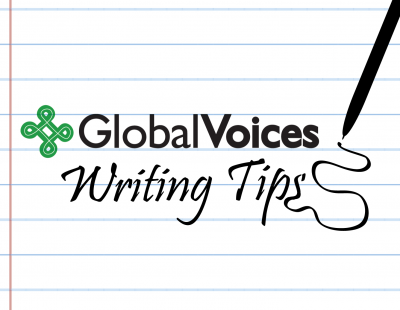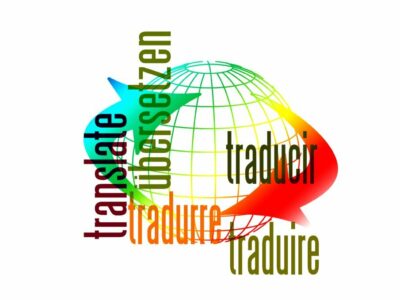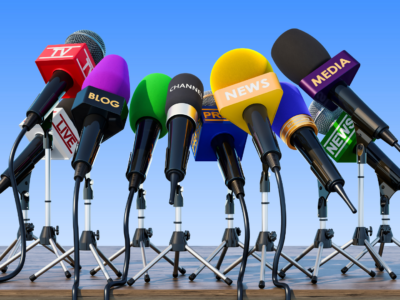
The Weekly Writing Tips are a collection of best practices for writing and reporting at Global Voices. February and March's tips are brought to you by Ndesanjo, regional editor for Sub-Saharan Africa.
Hi dear authors,
For my second Writing Tips, I decided to collaborate with fellow editors to come up with common mistakes that editors encounter during the editing process. These are mistakes that, if taken care of, will not only improve our work but also speed up the editing process.
Here we go:
1. Explain local jargon:
Tweets or comments containing local language, phrases, local issues, nicknames, abbreviations, local jokes etc. These need to be explained.
2. Not writing for global audience:
Sometimes we report on news or an incident that is well known locally, which has been widely reported by local media houses but not international news sources. This has to be thoroughly explained and if possible accompanied by a link to a local news website. Do no assume that a major political event in Eritrea, for example, is automatically big news in Mexico.
3. Finishing a post without notifying your editor (email or Edit Flow), etc:
Editors may not be aware that you have posted a draft. They need to be notified. The only way they can receive notifications is by posting a message on Edit Flow. Or sending a short email.
4. Finishing a draft without previewing:
Previewing a draft allows you to see how your post will look like once it is published. Previewing your post will help you, for example, to see improperly inserted tweets, blockquotes, photos, etc.
5. Facebook comments with wrong links:
Every Facebook comment has an individual link that is found on the time stamp (where it shows when it was posted). Posting a comment with a link to the main Facebook page is wrong. The Facebook link must take readers directly where the comment is and not to the main page of the Facebook page.
6.Tweets screenshotted and embedded as images instead of using the embed code:
Tweets have to be embedded by copying the embed code and pasting on your draft. If this is not done, your editor may have to do this process for every tweet in your draft.
7. Sources without supporting links:
Citing other sources but not providing links to them (e.g., author cites an interview someone did with AP, but no link to it)
8. Using images that aren't cc-licensed or are copyright-protected:
We must use Creative Commons images or copyrighted images with permission all the time. Saying “photo courtesy of….” is not enough. You can find many CC-licensed images on Flickr, Wikipedia, etc. Or communicate with your editor if you have failed to find one.
9. Not translating text in images used in story:
This is important especially if they're memes or posters or whatever important to the story.
10. Forgetting the final “minor” details:
Forgetting to fill up excerpt, categories, clicking weblog (in Type category), identifying location/region, etc.
11. Forgetting to mention who the Twitter user or Facebook user is and why are we quoting him/her:
Mentioning who the person is and where he/she is based gives more credibility to the tweet or Facebook comment we are sharing from that user. Of course, there are Twitter users whose profiles do not have such information.
Before you grab your coffee and start meditating on this, see what people are saying online about you here!
Have a great day friends.



